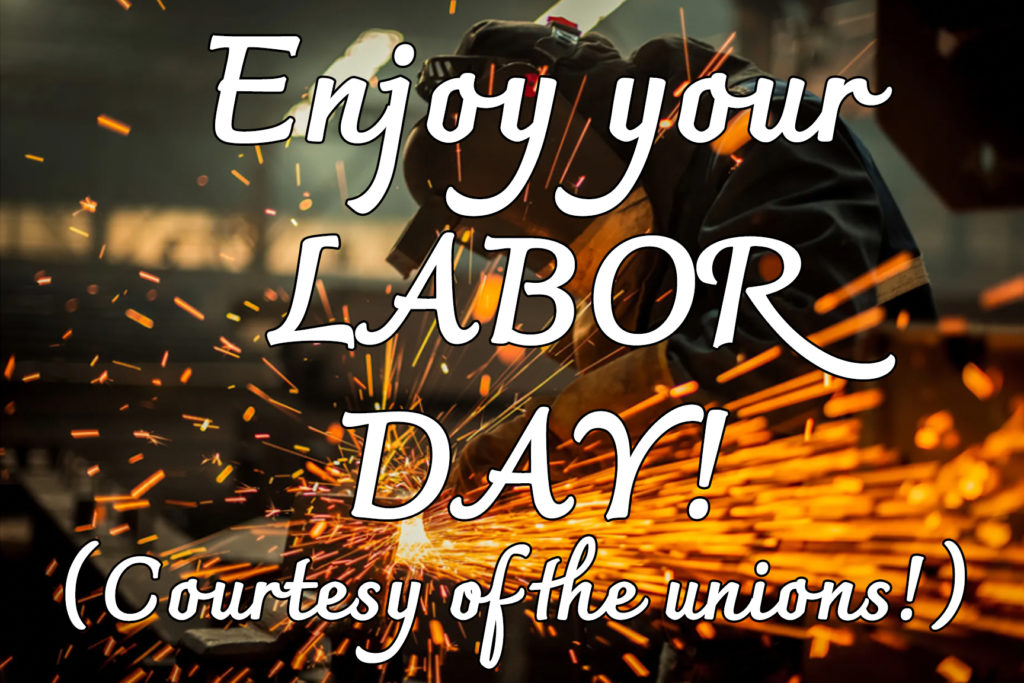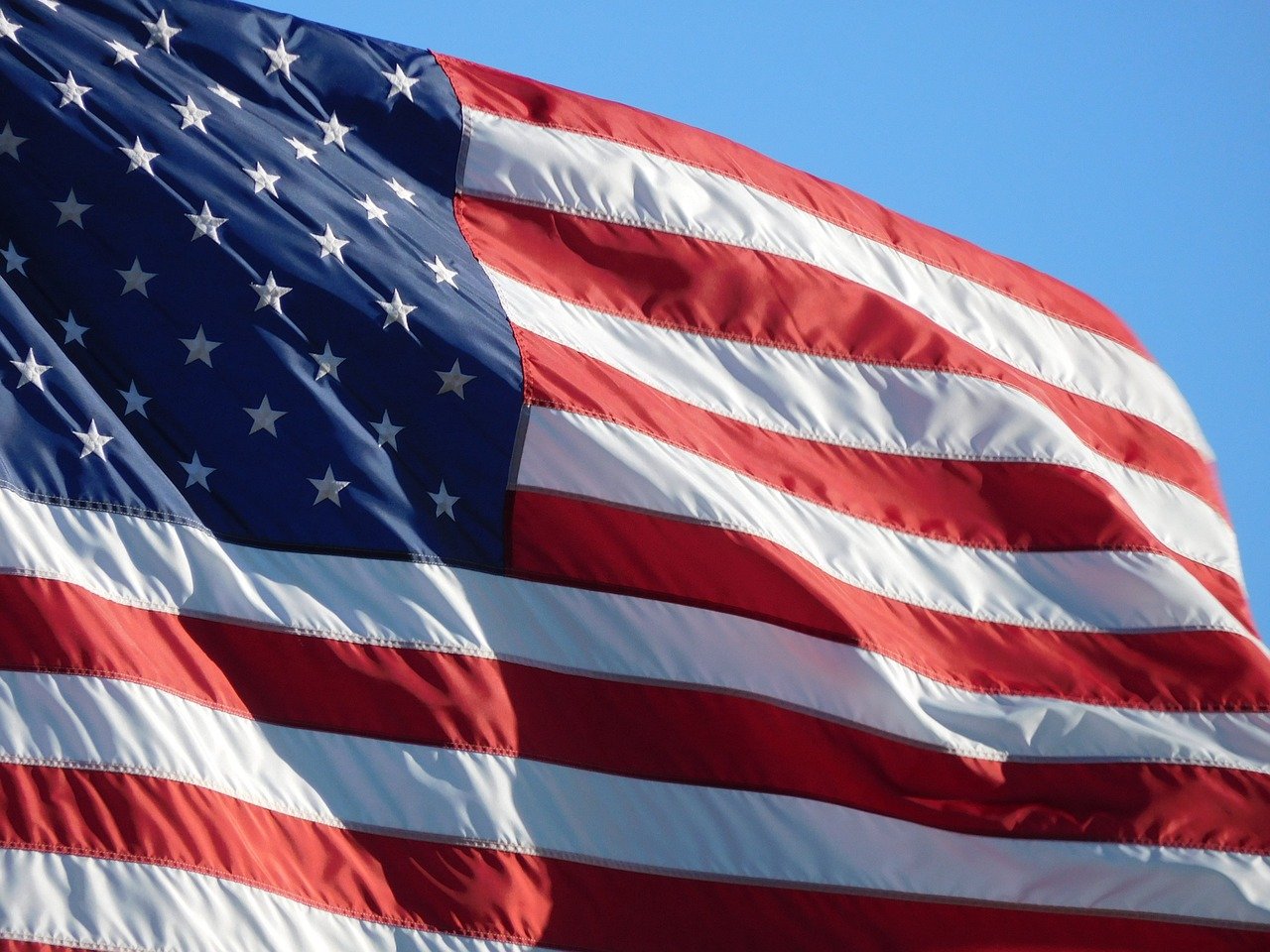
This weekend is Labor Day!!! Thank a union!
Labor Day, an annual holiday being celebrated this year on Monday, September 5, pays tribute to the contributions and achievements of American workers. For many, Labor Day represents the end of the summer and the start of the back-to-school season.
In the late 1800s, the average American worked 12-hour days and seven-day weeks in order to earn a basic living. (Not much different than today?) But back then, children as young as 5 worked in mills, factories and mines across the country, earning a fraction of their adult counterparts’ wages.
People of all ages, particularly the very poor and recent immigrants, often faced extremely unsafe working conditions, with insufficient access to fresh air, sanitary facilities and breaks.
Labor unions, first appearing in the late 18th century, grew more prominent and vocal. They began organizing strikes and rallies to protest poor conditions and compel employers to renegotiate hours and wages. Many workers lost their lives to make labor conditions more reasonable.
The idea of a “workingmen’s holiday,” celebrated on the first Monday in September, was passed in a number of states. Congress passed an act making Labor Day a legal holiday, and on June 28, 1894, President Grover Cleveland signed it into law.
Over the years, unions have had a strong impact on wages, fringe benefits, total compensation including health insurance and vacations, pay inequality, and workplace protections. The impact of unions on total nonunion wages is almost as large as the impact on total union wages. Unions ended child labor, freed weekends for many employees and brought a 40-hour work week and an 8-hour day. Unions brought unemployment benefits, workers compensation, employer-based health coverage and the Family and Medical Leave Act.
Today, the reasons that union members say they support unions include: better pay and benefits, employee representation/employee rights, job security, better pension/retirement, improving the work environment, fairness and equality at work, health and safety, and a positive effect on the country.
However, business are attempting to remove unions. The 2018 Supreme Court case Janus v. AFSCME established that public-sector workers who are protected by unions—of which there are five times as many as private workers—but don’t wish to join, no longer have to pay fees on behalf of the union’s collective bargaining. The goal was a mass exodus from unions, but that didn’t happen, although in 2020, union membership in the US was at 10.8%, a historical low.
Contrary to recent attempts to break up unions, or perhaps because of it, Gallup Polls reported on August 30 that 71% of Americans now approve of labor unions. This is up from 64% before the pandemic and is the highest level of support that Gallup has recorded since 1965.
Some State Reps, including some in New Hampshire, and even in New Hampshire, would like to pass a “Right to Work” bill. AFL-CIO says, “Right to work” is the name for a policy designed to take away rights from working people. Backers of right to work laws claim that these laws protect workers against being forced to join a union. The reality is that federal law already makes it illegal to force someone to join a union.
“The real purpose of right to work laws is to tilt the balance toward big corporations and further rig the system at the expense of working families. These laws make it harder for working people to form unions and collectively bargain for better wages, benefits and working conditions.”
Please don’t presume that current state legislators who once opposed Right to Work are of that same mindset. If unions are important to you, ask your State Rep candidates what their stance is.
My stance? I am the wife of a 44-year union member. My family understands the benefits of unions. You know you can count on me to oppose any Right to Work (for less) legislation. I have been consistent with that stance for years. No flip-flopping here!
—————————————————————–
So, enjoy your Labor Day. #StaySafe. Watch for additional traffic. Have fun! But don’t drink and drive. And don’t forget … thank the unions!
https://www.history.com/topics/holidays/labor-day-1
https://stacker.com/stories/2505/30-victories-workers-rights-won-organized-labor-over-years
https://www.epi.org/publication/briefingpapers_bp143/ (Old statistics, but current benefits)
http://www.ufcw1500.org/get-educated/what-unions-have-done-for-you
https://news.gallup.com/poll/398303/approval-labor-unions-highest-point-1965.aspx
https://aflcio.org/issues/right-work
